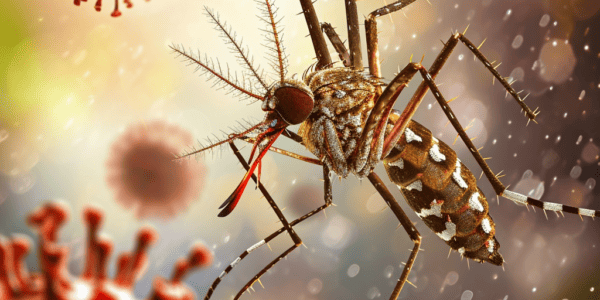Virginia Tech Scientists Develop Genetic Strategies to Combat Mosquito-Borne Diseases
Virginia Tech scientists are advancing mosquito control by using genetic manipulation to combat diseases like Zika and dengue. Their research identifies genetic incompatibilities in mosquito populations, aiming to create all-male populations that could drastically reduce female numbers and disease transmission. This innovative approach promises a sustainable alternative to traditional insecticides, addressing both public health and environmental concerns.
Chinese Scientists Discover Gut Bacteria in Mosquitoes to Combat Dengue and Zika
Chinese scientists have discovered a gut bacteria in mosquitoes that could prevent the transmission of dengue and Zika viruses to humans. Published in Science, the research proposes introducing this bacterium into mosquito populations as a natural strategy to combat these diseases. With millions infected by dengue annually, the study highlights the potential of a nature-based approach to address global health threats posed by mosquito-borne viruses.
Dengue Fever Spreading Across South America
Dengue fever is spreading rapidly in South America, with Brazil alone recording over 1.5 million cases and 390 deaths this year. The disease is overwhelming hospitals and prompting fumigation efforts in major cities. Epidemiologists attribute the rise in cases to global temperature increases, warning that the crisis could spread to the US and Europe as well.
Study Reveals Shifting Patterns of Dengue Virus in Brazil Following Zika Emergence
A new study published in Nature Communications has shed light on the shifting patterns of dengue virus (DENV) in Brazil, following the emergence of the Zika virus (ZIKV) in 2015. The study, conducted by Francesco Pinotti, Marta Giovanetti, and their…




